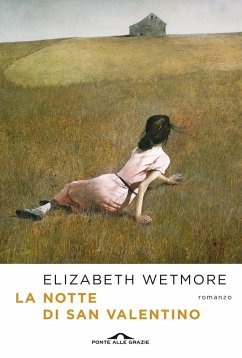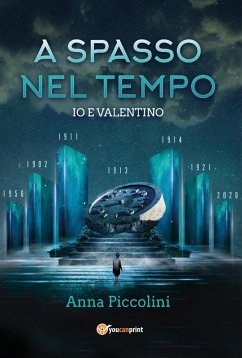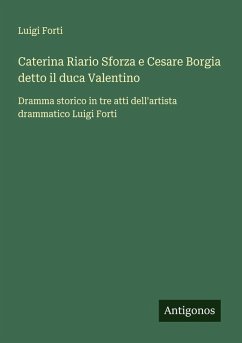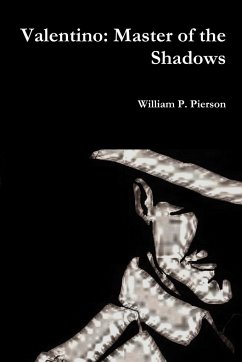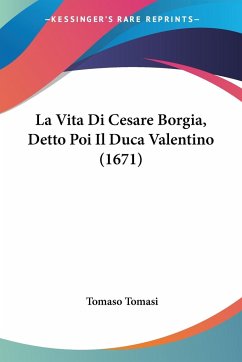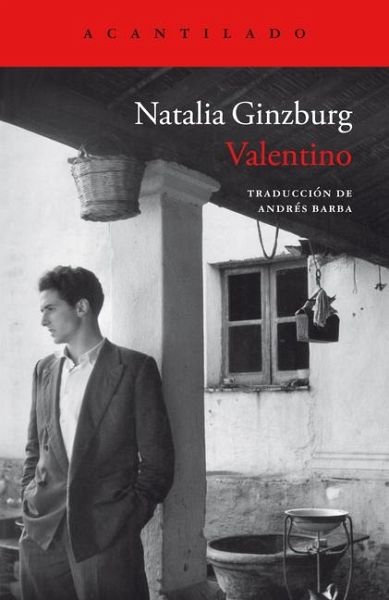
Valentino

PAYBACK Punkte
6 °P sammeln!
Although his parents are convinced that Valentino will become a great man, his sisters believe that he is nothing more than a vain, selfish and frivolous young man, more concerned with his conquests than with his medical studies. Valentino's sudden engagement to a rich but unattractive woman ten years older will end the dreams of his parents, who, scandalized by such an unfortunate choice, suspect his girlfriend. With her prodigious psychological acuity, Natalia Ginzburg explores in Valentino social and gender expectations, class differences, wealth and marriage as prisons that suffocate the d...
Although his parents are convinced that Valentino will become a great man, his sisters believe that he is nothing more than a vain, selfish and frivolous young man, more concerned with his conquests than with his medical studies. Valentino's sudden engagement to a rich but unattractive woman ten years older will end the dreams of his parents, who, scandalized by such an unfortunate choice, suspect his girlfriend. With her prodigious psychological acuity, Natalia Ginzburg explores in Valentino social and gender expectations, class differences, wealth and marriage as prisons that suffocate the desires of her characters and turn even the most modest illusions into pure chimeras.






